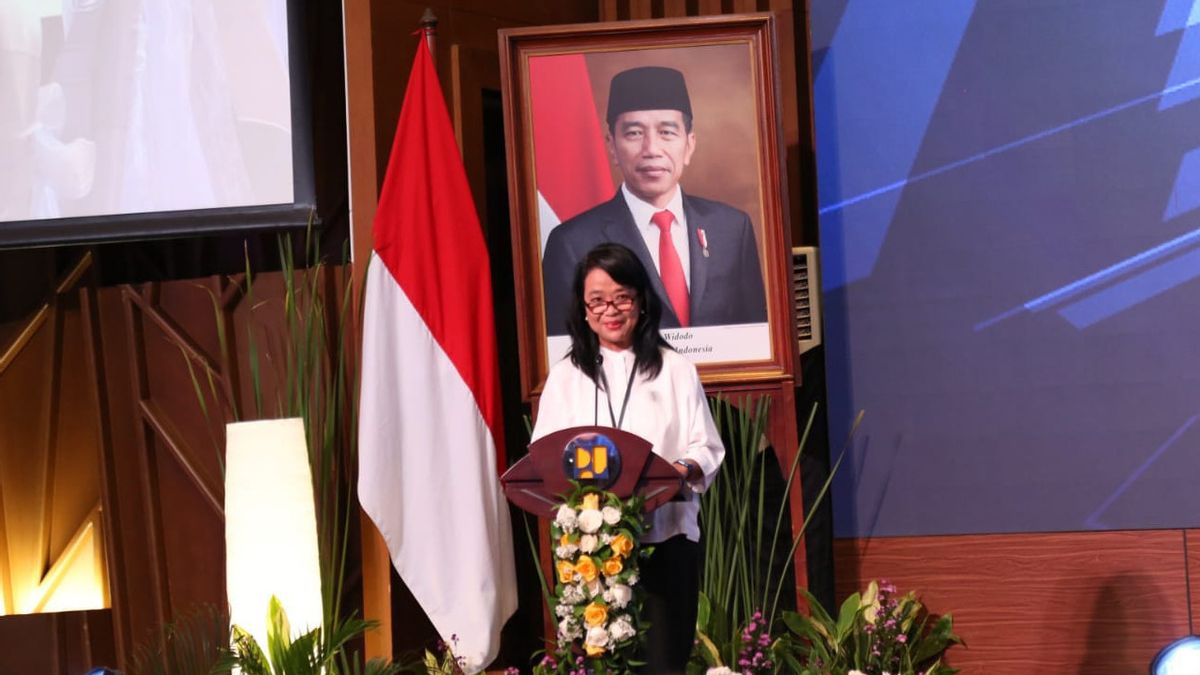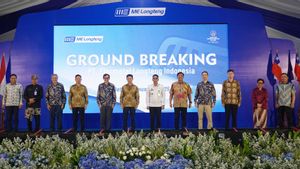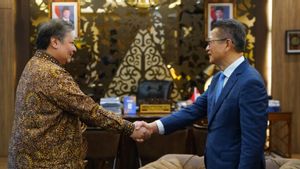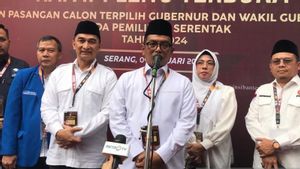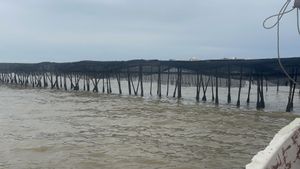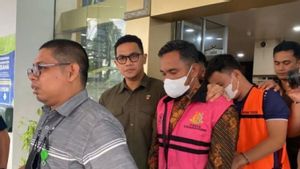JAKARTA - The Ministry of Public Works and Public Housing (PUPR) through the Directorate General of Human Settlements continues to encourage the Regional Socio-Economic Infrastructure Development Program (PISEW) by launching the Early Warning System (EWS) feature in the management information system on Community-Based Infrastructure (IBM) Development of Settlement Areas (PKP). The EWS feature represents a new innovation in the management information system that functions for supervision, control, and reporting in the implementation of PISEW activities. This feature is an early warning at every critical stage of implementing PISEW activities. Later, Commitment Making Officials (PPK) for the PKP program get a warning message automatically (by system) if the stages of implementation of PISEW activities approach a predetermined time deadline in the national schedule. "As an effort to minimize risks as well as creative and innovative efforts need to be made information technology utilization, one of which needs to be realized through the early Warning System innovation in IBM PKP SIM that has been launched," said Director General of Human Settlements of the Ministry of PUPR Diana Kusumastuti in her statement in Jakarta, quoted Wednesday, March 8. According to Diana, the use of information technology is very much needed in risk management on infrastructure development in the era towards Society 5.0." In addition to the implementation of PISEW activities, I hope that for other activities within the Directorate General of Human Settlements can start implementing the concept of Society 4.0, even Society 5.0," he said. For your information, this year, the Ministry of PUPR through the Directorate General of Human Settlements targets the PISEW program to be spread across 1,340 locations in Indonesia. The target is up almost three times from 2022 which is only 450 locations.
In general, community-based infrastructure built through the PISEW program is a production road to support the production of agriculture, industry, and community commodity support infrastructure, such as making it easier for farmers to transport agricultural, plantation or fishery products. The implementation of the PISEW program is channeled through a Cash Labor Intensive (PKT)/cash for work scheme carried out by the local community and does not use contractors. In addition to production roads, the PISEW program is also implemented through the construction of basic sub-district or rural-scale infrastructure such as small bridges, improving the quality of Minun and sanitation water, as well as other community productivity support infrastructure.
The English, Chinese, Japanese, Arabic, and French versions are automatically generated by the AI. So there may still be inaccuracies in translating, please always see Indonesian as our main language. (system supported by DigitalSiber.id)
